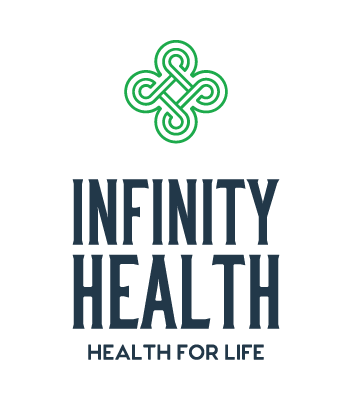Recovery is never easy, but there are ways you can help to speed your rate of recovery, one of the most important is the food you eat. Try these five tips to make sure you are on a fast track to health by using nutrition for recovery.
Make things easy when using nutrition for recovery
Take stock of your condition, are you able to prepare your own food? How is your mobility? If preparing and creating your own meals is going to impede your recovery, make arrangements to have friends or family help you prepare meals or shop for groceries. If that isn’t an option, consider a food preparation service. There are many companies providing these types of services and most have very healthy meal alternatives available. If you go this route, make sure to include high recovery foods containing protein, iron, vitamin C and probiotics.
Consider adding a multi-vitamin or other supplements
If you’re facing a long recovery period, including certain supplements can provide a back up for key nutrients. Omega 3s, vitamin D and/or magnesium will help with pain response and to support mental health. Protein supplements can help if your appetite is low or if food preparation is difficult.
Avoid too many ‘anti-inflammatory’ foods when using nutrition for recovery
Recovery demands a certain level of inflammation, so be aware not to include too many anti-inflammatory items in your recovery diet. The process of inflammation during injury promotes recovery and therefore nutritional or medicinal interventions to reduce this response may prolong the recovery process.
Eat more than you normally would
When recovering, your body is working hard to heal itself, so you may end up eating more than you did before your injury.
Depending on the severity of your injury, you could expend between 15-50% during recovery. Make sure you are supplementing your diet to make up for this change in energy expansion. Failure to use nutrition for recovery in this manner could result in severe muscle mass.
Have compassion for yourself
While it is important to focus on healthy nutrient filled foods while using nutrition for recovery, restricting yourself to a regimented meal plan can increase stress levels. Try to remember to eat as well as you can in your situation. Get it right most of the time and don’t sweat on it the rest of it.
Have questions about what types of food to include in your customized treatment plan, we’re hear to help!

